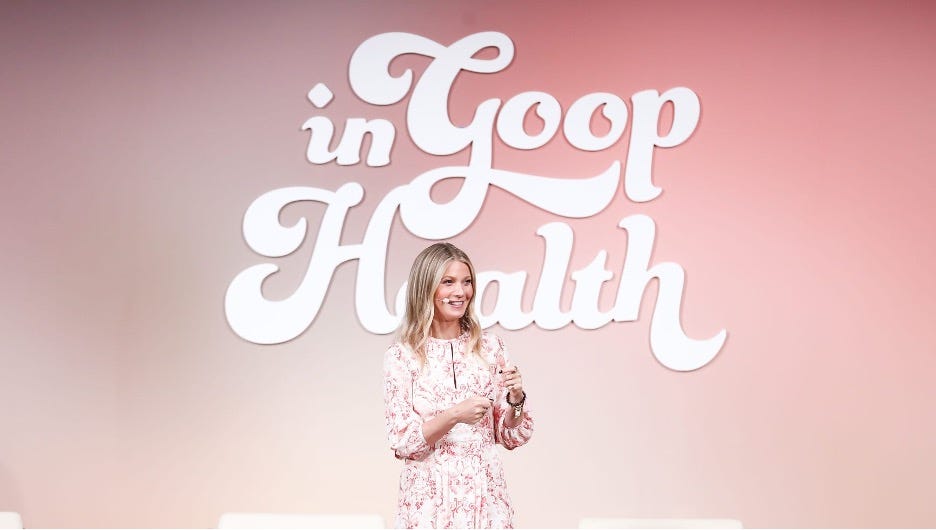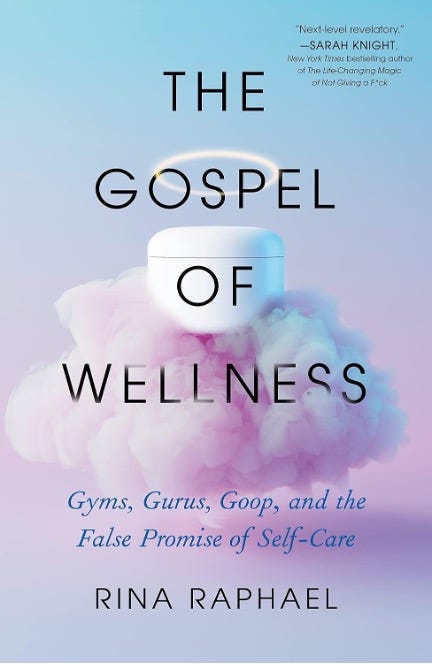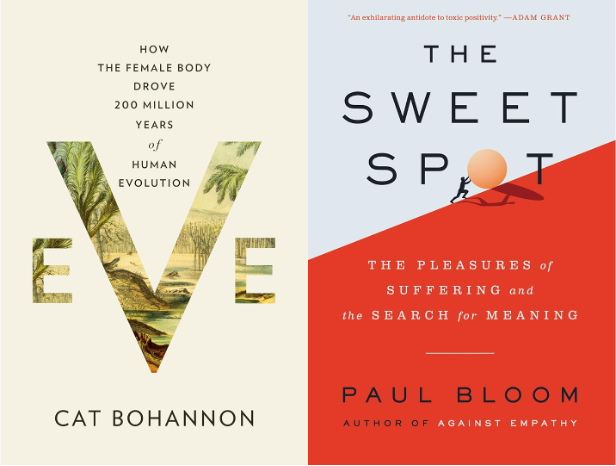Tl;dr – This is an excellent analysis of not just the wellness industry – which is what I was expecting – but also the sociology and psychology of why it’s taken off, and specifically why women are the wellness industry’s primary consumers. A deep, engaging read. Highly recommend.
Wellness is everywhere. You can’t really escape it. Especially if you’re a millennial women who has an Instagram account. Being the $4.4 trillion industry’s prime marketing audience, wellness is everywhere in my online bubble. It’s the Instagram influencers selling the latest 12-step skincare routine; their morning routine that requires hundreds of dollars of products and supplements; and the nutrition and exercise discipline of someone with nothing but time on their hands.
How did we get here? Why is everyone obsessed with “wellness”? In The Gospel of Wellness: Gyms, Gurus, Goop, and the False Promise of Self-Care, Rina Raphael has some answers. The answer isn’t simple, of course. There are numerous, though related, reasons why the industry has taken off (over?) everything in the past 15 years, but it largely comes down to trying desperately to fix our overworked, overstressed, lonely lives.
I get it. I’m really the prime audience for this stuff. I have a big job, twin toddlers, and live away from any support network in the most expensive place in the country. Most days I’m juggling too much, and almost always need to “kill two birds with one stone” to get most of what I need to do done. I work and care for my kids at the same time. I care for my kids and take care of the home, run errands at the same time. Where is the down time? When can I take a shower, exercise, meal prep, or just do nothing (without the guilt)? It’s hard. Enter: wellness.
I expected this book to detail the rise of the wellness industry. It does. But that’s the least interesting part about this book. What’s most interesting is Raphael’s analysis of why women are so desperate for wellness. She notes, “women are looking for less in their life. Less noise, fewer tasks, and reduced pressure. Self-care is marketed as the exit strategy.”
Much of this book focuses on the broken systems of support for women in today’s America. Women, we’re told, “can have it all”. Be the best mom. Break the glass ceilings at work. Be the best you (read: fit, thin, and “clean”). The reality is though, we can’t do it all when childcare is unaffordable, our wages are lower than they should be, work-life balance is a myth, and household chores are still done mostly by women (even when they work full time and make more than their husbands). Somethings gotta give. On your best day, you get to choose two: mom, employee, you. Most days, you neglect the “you”. “The wellness industry stepped in to fill a void created by the unreasonable expectations that torment us,” Raphael says.
This wellness industry promises to fix, or at least, help women be the best them they can be. In each chapter, Raphael dives into one sub-area of wellness, how it’s marketed, what women are getting out of it, and exposing the bullshit that underpins most of it. The goal here is to sell money, remember. These are businesses after all.
Group exercise classes, especially high intensity ones like SoulCycle, fill the void of loneliness while allowing women to relieve intense stress. “Clean eating” promotes false discipline with the ideology of fueling your body and keeping “toxic” foods away like gluten, sugar, and animal products. This “cleanness” even extends to makeup and other products, because who doesn’t need gluten-free shampoo! Alternative health “experts” fill the void of women not being listened to by their doctors and ignoring real medical problems that cause them pain and dysfunction (“Are you sure it’s not your anxiety?” my primary care doctor told me when I presented with Covid symptoms in early 2020 before testing was mass testing was permitted in Utah). The result is completely unqualified people giving ill-advised “health” advice to millions, undermining trust in medical science and education, while promoting their own wellness products for purchase.
Today we need to pay for support, the ability to move and eat real food, and less stress. That’s what this industry is promising. And women are desperate for it.
There is so much I can go into about this book, but the bottom line is, it’s excellent. Women especially should read it. Getting good sleep, regular physical activity, and eating mostly whole foods, while avoiding prepackaged, (added) sugar-filled food is the real “wellness” solution, although it’s easier said than done of course. You don’t need a $200 a month supplement habit, restrictive eating (when you have no medical reason for doing so), or a pseudoscientific chiropractor giving you anti-vaxx, anti-establishment “medical” advice. You need to vote for representatives that support women and children through policy, not regressive hacks that want to take away women’s choice and only “support” children when they’re still in-utero.
I’ve barely scratched the surface on this one. I highly recommend it. Not only is it an extraordinarily timely read, but it’s also very well-written and engaging. Also, 10/10 cover design.
Published: September 2023
Publisher: Holt
Format: Hardcover
If you think this sounds interesting, bookmark these other great reads:
Eve: How the Female Body Drove 200 Million Years of Human Evolution (2023) by Cat Bohannon
The Sweet Spot: The Pleasures of Suffering and the Search for Meaning (2021) by Paul Bloom






